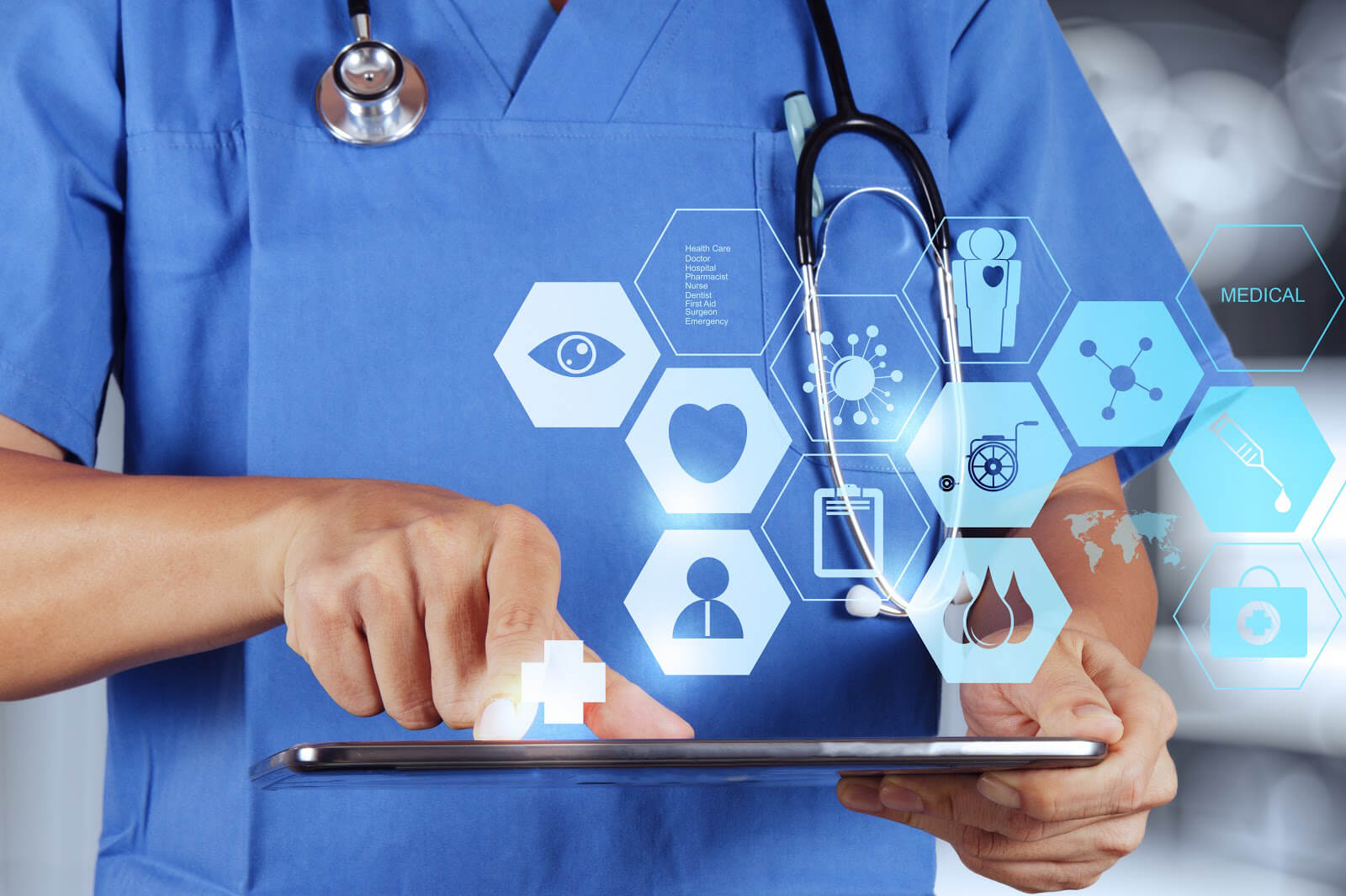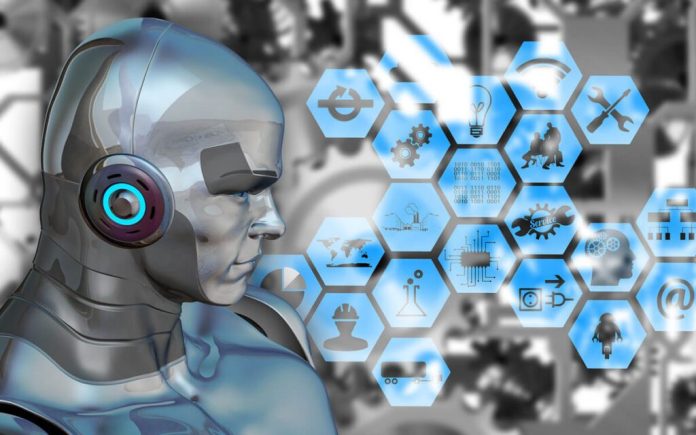Artificial Intelligence (AI) has permeated various sectors, transforming the way we live, work, and interact with technology. In recent years, AI has made significant strides in healthcare, offering innovative solutions to improve patient care, diagnosis, and treatment. One of the groundbreaking advancements in this domain is the integration of Generative AI and Personalized Learning, facilitated by AI chatbot development services. This article explores the intersection of these technologies and their impact on healthcare delivery.
Understanding AI Chatbot Development Services:
AI chatbots have emerged as invaluable tools in healthcare settings, facilitating efficient communication between patients, healthcare providers, and administrative staff. AI chatbot development services leverage Natural Language Processing (NLP) and Machine Learning (ML) algorithms to create intelligent conversational agents capable of understanding and responding to user queries in real-time.
These chatbots are designed to provide personalized assistance, schedule appointments, deliver medication reminders, offer health-related information, and even conduct preliminary symptom assessments. By harnessing the power of AI, healthcare organizations can streamline processes, reduce administrative burdens, and enhance patient engagement.
Generative AI in Healthcare:
Generative AI in healthcare, a subset of artificial intelligence, focuses on creating new content, such as images, text, or audio, that is indistinguishable from human-generated content. This innovative technology has the potential to revolutionize various aspects of healthcare delivery, including medical image analysis, drug discovery, and personalized treatment planning.
For instance, researchers are exploring the use of Generative Adversarial Networks (GANs) to generate synthetic medical images for training deep learning models. These synthesized images can augment limited datasets, improve model performance, and enable more accurate disease detection and diagnosis.
Moreover, generative AI techniques can facilitate the creation of personalized treatment plans by analyzing patient data, including genetic information, medical history, and lifestyle factors. By tailoring interventions to individual needs, healthcare providers can optimize outcomes and minimize adverse effects.
Personalized Learning in Healthcare:
Personalized learning refers to the customization of educational content and strategies based on individual learner characteristics, preferences, and performance. In the context of healthcare, personalized learning encompasses patient education, training for healthcare professionals, and continuous professional development.
AI-driven personalized learning platforms leverage data analytics and machine learning algorithms to adapt learning experiences to the unique needs and learning styles of users. These platforms can deliver targeted educational content, recommend relevant resources, and provide real-time feedback to enhance learning outcomes.
In the realm of medical education, personalized learning platforms enable healthcare professionals to acquire new skills, stay updated on the latest research findings, and collaborate with peers in virtual learning communities. By catering to individual learning preferences and pace, these platforms empower users to engage actively in their professional development.

The Role of AI Chatbot Development Services in Enhancing Healthcare Delivery:
AI chatbot development services play a pivotal role in harnessing the potential of generative AI and personalized learning to revolutionize healthcare delivery. These services enable the integration of intelligent conversational agents into existing healthcare systems, facilitating seamless communication and interaction between patients and providers.
By deploying AI chatbots equipped with generative AI capabilities, healthcare organizations can deliver personalized health information, preventive care recommendations, and treatment adherence support to patients. These chatbots can analyze patient data, such as medical history and lifestyle factors, to offer tailored advice and interventions that promote health and wellness.
Moreover, AI chatbots can serve as virtual health assistants, guiding patients through their healthcare journey, from appointment scheduling to post-treatment follow-up. By automating routine tasks and providing 24/7 support, these chatbots alleviate the burden on healthcare staff, allowing them to focus on more complex and critical aspects of patient care.
Furthermore, AI chatbots equipped with personalized learning algorithms can adapt their responses and recommendations based on user interactions, feedback, and preferences. This iterative learning process enables chatbots to continuously improve their performance and deliver more relevant and effective assistance to users over time.

Case Study: Implementing AI Chatbot Development Services in a Healthcare Setting
To illustrate the practical application of AI chatbot development services in healthcare, let’s consider a case study of a large hospital network implementing a virtual health assistant powered by generative AI and personalized learning algorithms.
AI chatbot development services
The virtual health assistant is equipped with generative AI capabilities to generate realistic medical scenarios, simulate patient interactions, and enhance learning experiences for healthcare professionals.
Results: The implementation of the AI-powered virtual health assistant leads to:
- Improved Patient Engagement: Patients appreciate the convenience of accessing healthcare services and information through the virtual health assistant, leading to increased engagement and satisfaction.
- Enhanced Access to Care: The virtual health assistant enables patients to schedule appointments, refill prescriptions, and receive timely reminders, reducing wait times and improving access to care.
- Operational Efficiency: By automating routine tasks and inquiries, the virtual health assistant frees up valuable time for healthcare staff to focus on delivering high-quality care and addressing complex patient needs.
- Continuous Learning and Improvement: The personalized learning algorithms embedded in the virtual health assistant enable it to adapt and improve its performance based on user interactions and feedback, ensuring relevance and effectiveness.
Conclusion:
In conclusion, the convergence of generative AI, personalized learning, and AI chatbot development services is reshaping the landscape of healthcare delivery. By harnessing the power of these technologies, healthcare organizations can enhance patient engagement, optimize operational efficiency, and improve clinical outcomes.
Whether it’s providing personalized health recommendations, simulating patient interactions for training purposes, or automating administrative tasks, AI chatbots are poised to revolutionize the way healthcare services are delivered and experienced. As we continue to explore the possibilities of AI in healthcare, the potential for innovation and transformation is limitless.
As healthcare providers and technology developers embrace AI chatbot development services, they must prioritize user-centric design, data privacy, and ethical considerations to ensure that these technologies truly deliver value and benefit to patients, healthcare professionals, and society as a whole. With responsible deployment and continuous refinement, AI-powered solutions have the potential to usher in a new era of healthcare that is more accessible, efficient, and personalized than ever before.


